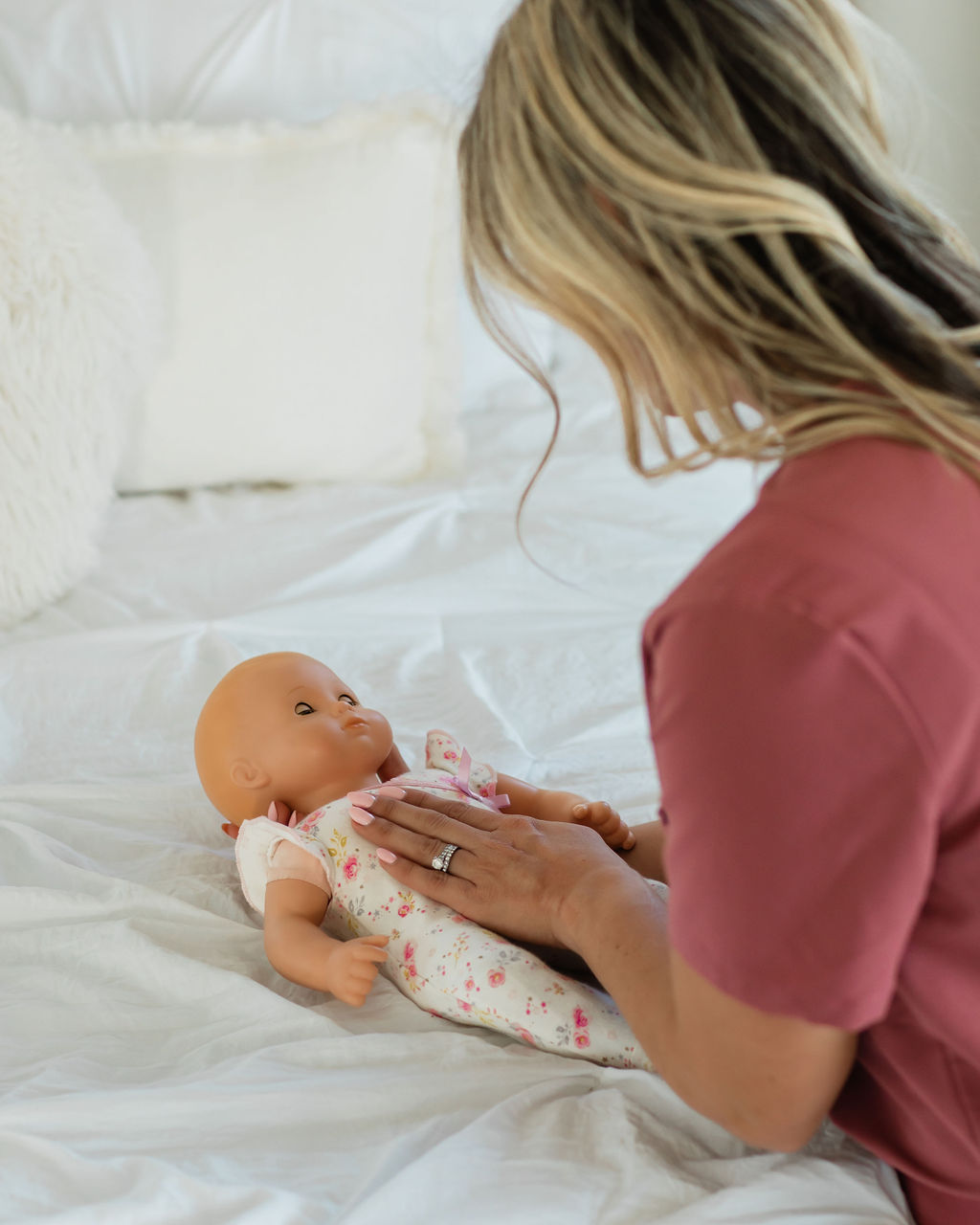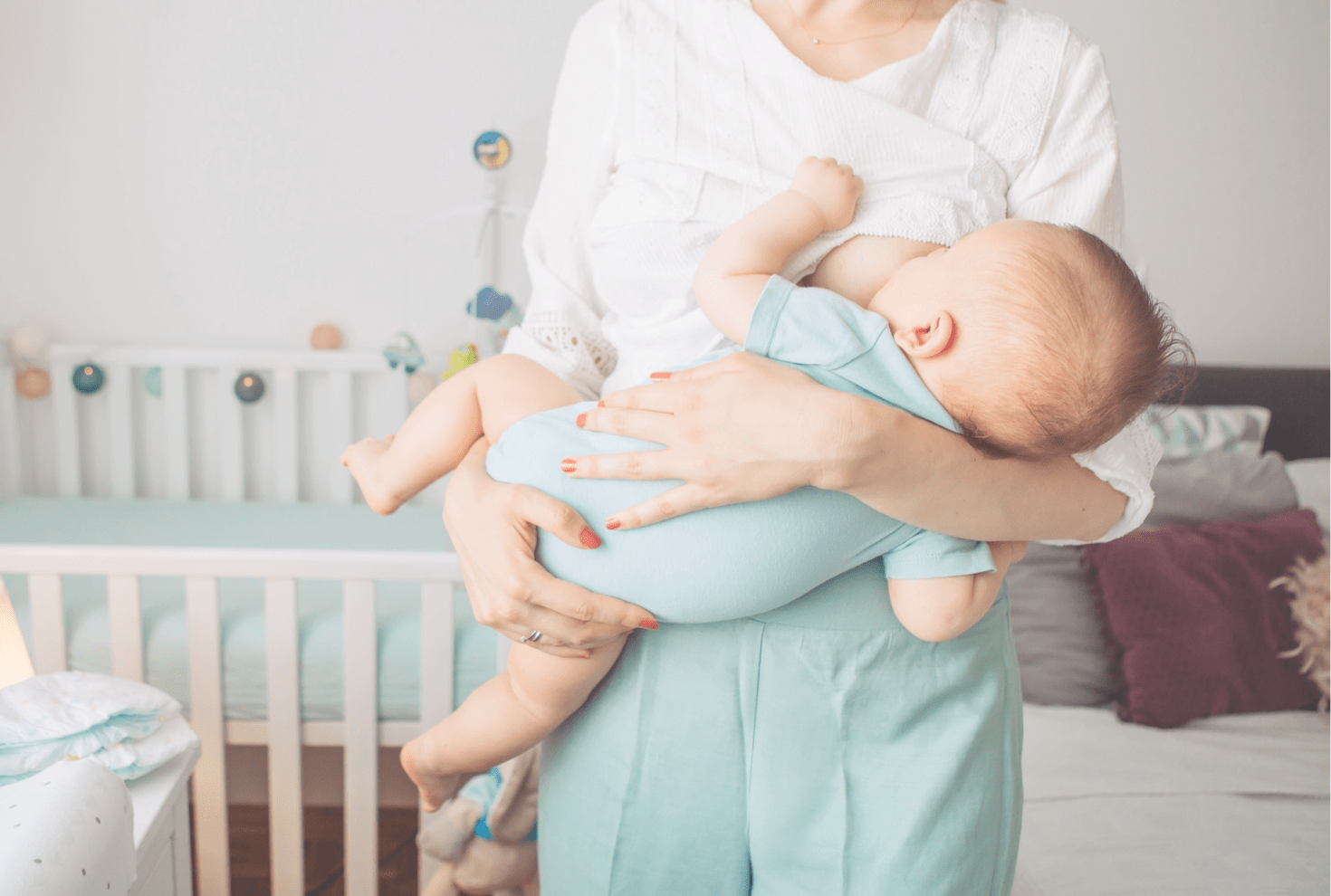So you would think that trying to have a baby is super simple right? Have a little sex and BAM– you get pregnant and it’s all happily ever after! Boy, can that be so far from the truth! Yes, sometimes it only takes 1 special night to conceive your precious baby, but it’s so amazing how much actually goes into creating new life! If you are thinking that you might want to start trying to conceive or are already trying, take a look at these 6 tips to help you on this amazing journey you are about to take.
Birth Control
Since everyone’s bodies are different, there is no way of knowing how long after stopping birth control that you will begin to ovulate again. If you have been taking oral contraceptives or had an IUD removed, ovulation CAN return immediately and you can get pregnant in that first month even before you have had your period. If you have taken something like the Depo-Provera injection it can take several months for the hormones to cycle out of your body before you will be able to conceive. Once you have stopped your birth control, it is a great time to start tracking your cycles and begin to analyze when you ovulate and when your menstrual cycles begin.
Tracking Cycles
Tracking your cycles and truly getting to know your body is one of the most important steps in trying to conceive. Once you can understand when you ovulate you will greatly increase your chances of being successful. Ovulation is when a mature egg is released from your ovary, passes down the fallopian tube and is ready for fertilization by sperm. At this stage your uterus has thickened to prepare for the fertilized egg. If fertilization doesn’t take place, then menstruation occurs to shed your uterine lining.
Quick Facts About Ovulation
- An egg only lives for 12-24hrs once it has left the ovary
- Usually only 1 egg is released per cycle
- Lots of things can affect ovulation like stress, illness, hormonal imbalances, weight change, exercise, and sleep
- Implantation of the egg takes place about 6-12 days after ovulation
- At birth you have millions of immature eggs that are waiting to be released
- You can have a period even if you haven’t ovulated
- Some women have ovarian pain or aching during ovulation

When tracking cycles, the first day of your period is cycle day 1. Average cycles range from 28-32 days, but again it’s important to track your particular cycle as it can vary from this range. Most women ovulate between days 11-21 and this is what is considered your “fertile time”. Having sex during this time of the month will increase your chances of conceiving.
How do you know when you are ovulating?
- Check vagnial secretions. During ovulation, you usually see a change to clear, wet, and stretchy secretions. Think slippy egg whites that can stretch between fingers. After ovulation, secretions tend to decrease in amount and become thicker.
- Basal Body Temperature is when you check your body temperature each morning before getting out of bed with a thermometer specifically made for this. During ovulation, you will have a slight increase in temperature. Record your daily results and watch for a pattern. You will be most fertile 2-3 days before this temperature increase.
- Ovulation test kits are specialized at-home tests that can detect an increase in luteinizing hormone. The LH surge typically happens 24-48 hours before ovulation and can help you understand your fertile window better.
- Fertile Monitors like the OvaCue can measure changes in electrolyte levels in your saliva and cervical mucous. It is able to trend your readings and then tell you when your fertile window is.

Sex
In order to increase your chances of getting pregnant you want to have sex near the time of ovulation. If you are unsure of when you ovulate it is a good idea to start having sex every 2-3 days per week starting after the end of your period. This way you are less likely to miss your fertile window.
Did you know? Sperm can live inside a woman’s body for up to 5 days!
Weight
Either being overweight or underweight can cause an increase in ovulation disorders. This is why maintaining a healthy weight is important.
Vitamins
Of course we all know a healthy diet is key when making sure we are getting enough vitamins and minerals we need. When trying to conceive and during pregnancy it is extra important to make sure we are filing in those gaps and prenatal vitamins are just key in making sure you get all your body needs. Folic acid and iron top the list of most important! Folic acid helps prevent neural tube defects which are serious abnormalities in the fetal brain and spinal cord. Ideally you should start taking supplemental folic acid 3 months prior to getting pregnant. Iron is important for the development of the placenta and fetus. It helps your body make blood to supply oxygen to the fetus. It also helps prevent anemia which is a blood condition in which you have a low number of healthy red blood cells.
Also, it is important to make sure your prenatal vitamin has calcium, vitamin A, B, C, D, and E, as well as zinc and iodine. Talk with your healthcare provider about which prenatal vitamins you plan on taking and make sure the one you choose has everything they recommend based on your health history.

Avoiding Negative Health Habits
When trying to conceive we want to be as healthy as possible, giving our bodies the best chance for conception. Part of that is avoiding the use of tobacco, alcohol, and caffeine. If you currently smoke, talk with your healthcare provider about ways to help you quit prior to trying to conceive. Heavy alcohol use has been known to decrease fertility. Currently, there is no general consensus on how much alcohol is considered safe and therefore it is best to avoid alcohol while trying to conceive and throughout your pregnancy. Lastly, research has shown that consuming less than 200mg per day of caffeine does not affect fertility. This is equal to about 1-2 cups of 6-8oz of coffee per day.
I really hope these 6 key tips were helpful! There is so much that goes into trying to conceive and so many factors can affect how quickly you get pregnant. As you age, naturally your fertility decreases. The general rule of thumb is that if you are under 35 and haven’t gotten pregnant in a year, it may be time to seek help. If you are older than 35 years old and you’ve been trying for 6 months, it may be time to seek help as well! Lucky there are lots of ways to go about assisting couples in trying to conceive (I will leave that for another post), but always remember you are never alone!
Be sure to check out my personalized Prenatal Class Packages to help you feel knowledgeable and empowered throughout your pregnancy.





